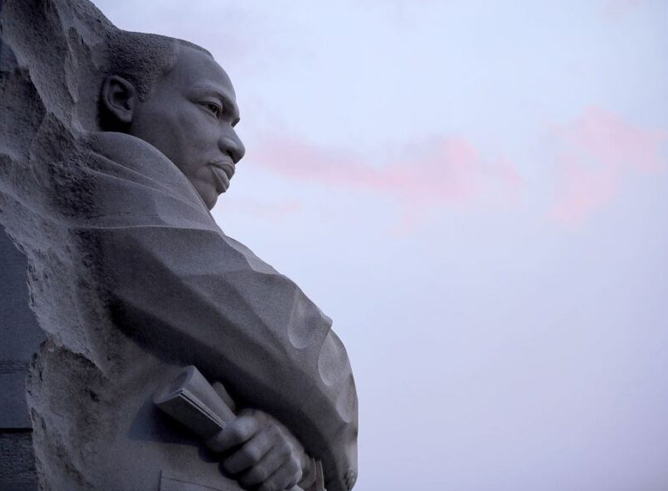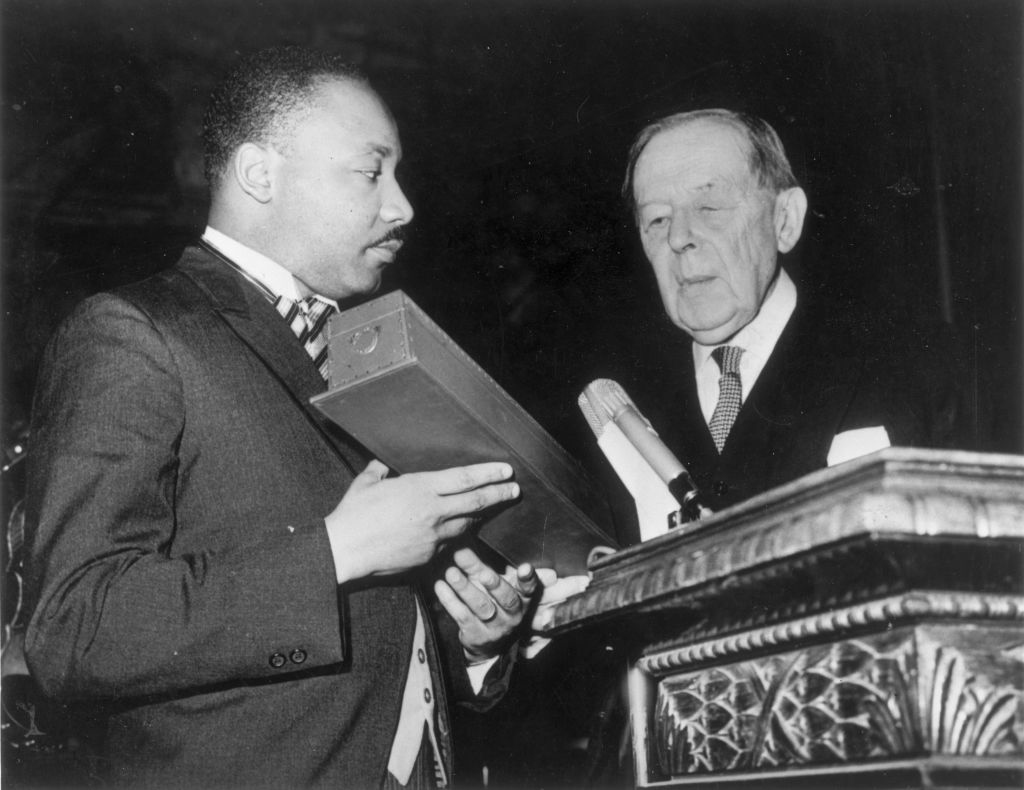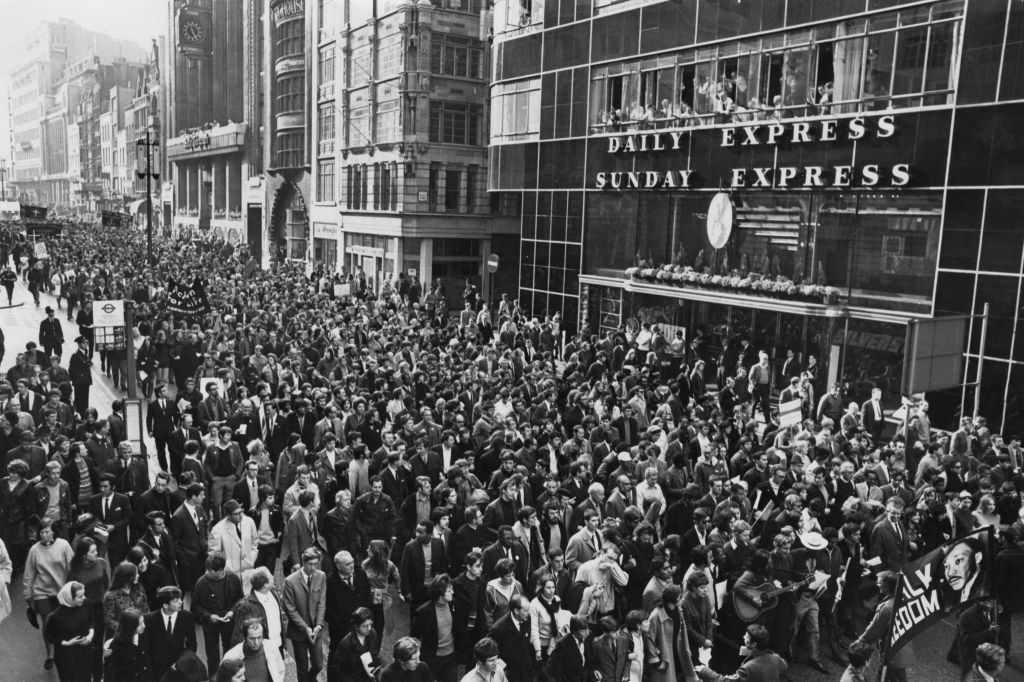
On Martin Luther King, Jr. Day, Monday, Jan. 15, Americans will pay tribute to the iconic leader renowned for his role in the U.S. civil rights movement. What some may not know is that King’s influence and legacy extended beyond the U.S.; he visited countries in West Africa, toured Europe and South America, and spent a month in India where it is said he was inspired by Mahatma Gandhi’s use of nonviolence in protests against British rule.
Texas A&M Today spoke with Dr. Albert S. Broussard, a professor in the Department of History, about King’s global impact. Broussard specializes in African-American history and is the author of books and other publications on topics including slavery, civil rights and racial equality.

What are some of the ways King carried his humanitarian message to the world?
Martin Luther King, Jr. is regarded today as one of the most significant leaders in world history. Although he is widely regarded as one of the most important civil rights leaders in U.S. history, Dr. King began to speak out on other pressing global issues following receipt of the Nobel Peace Prize in 1964.
King, himself, felt that the award imposed a responsibility to address issues larger than civil rights, and he felt that receiving an international award also gave him the gravitas to offer his views. Few people know that King, for example, spoke out against the racist apartheid regime in South Africa, which collapsed in 1991. Had he lived, there is no doubt that King and Nelson Mandela, South Africa’s first Black president, would have become kindred spirits. King also spoke out against nuclear war and regarded himself as an anti-nuclear war activist, condemning the use of nuclear weapons against Japan during World War II. Finally, Dr. King was a major critic of the Vietnam War, and his criticism of the war and the role that the U.S. played drew widespread condemnation against the United States and fueled the anti-war movement in America.
Why do you think it was important to King to have a place on the global stage?
King, like many global activists, believed that he had an obligation to speak out against global issues in part because of his celebrity. But, as a Christian minister, he also believed that Jesus had spoken to him directly from the time of his first civil rights campaign in Montgomery, Alabama, in 1955. To put this another way, Dr. King believed that he was doing God’s work.

What is your favorite King quote as it relates to spreading his message worldwide?
The quote that I always recall by Dr. King that can be used to support both national and international reform is, “The arc of the moral universe is long, but it bends toward justice.” According to Clayborne Carson, editor of the Martin Luther King, Jr. Papers Project at Stanford University, this quote has been attributed to Theodore Parker, a 19th century abolitionist and Unitarian.
How is his message still relevant today?
I think leaders like Dr. King provide hope, even in the darkest moments of a nation’s history, that change is possible if people are willing to struggle and make sacrifices. As the great 19th century Black abolitionist Frederick Douglass wrote, “Power concedes nothing without a demand.” Dr. King certainly understood that sentiment as well as thousands of ordinary people and activists around the world today fighting to improve their lives and to guarantee a better future for their families.
This story was originally published by Texas A&M Today.
Also see a 2020 Texas A&M Today article on the enduring relevance of King's 1963 "I Have A Dream" speech featuring Professor of Communication and Journalism Dr. Leroy Dorsey.
